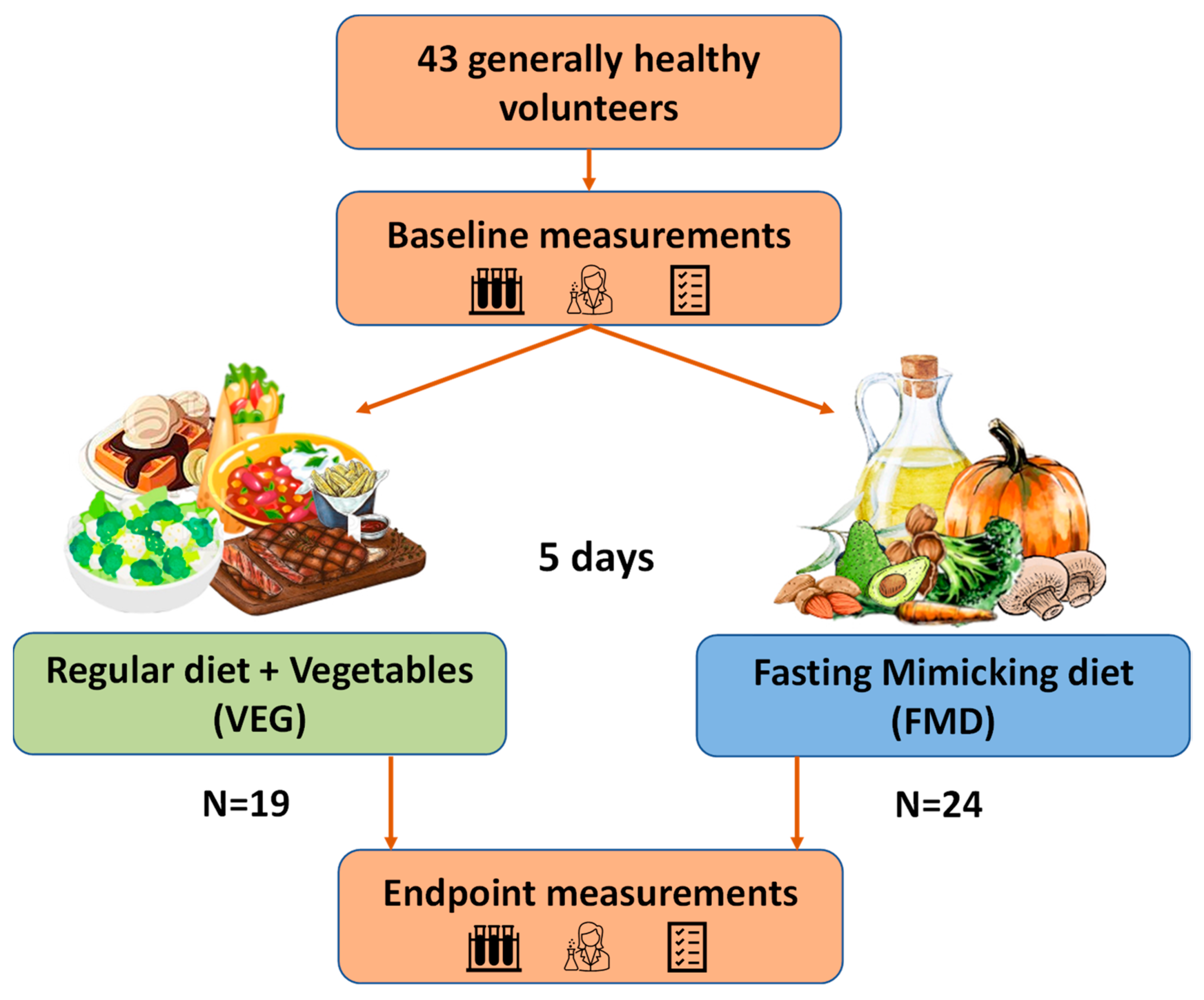Fasting

The Health Benefits of Fasting: What Science Shows
Fasting means going without food for a certain period of time. People have been fasting for thousands of years for religious and cultural reasons. But today, scientists are discovering that fasting might also be good for our health in many surprising ways.
What Is Fasting?
Fasting is simply not eating for a set amount of time. There are different types of fasting. Some people fast for 12-16 hours each day, eating only during certain hours. This is called intermittent fasting. Others might fast for a full day once or twice a week. Some people do longer fasts that last several days, but these should only be done with a doctor’s help.
How Fasting Helps Your Body
When you stop eating, your body goes through several important changes. At first, your body uses up the sugar stored in your muscles and liver. After about 12 hours without food, your body starts burning fat for energy instead. This process is called ketosis, and it can have many health benefits. During fasting, your body also starts a cleanup process called autophagy. Think of it like taking out the trash in your cells. Your body removes old, damaged parts of cells and replaces them with new, healthy ones. This cellular housekeeping helps keep your body running smoothly.
Weight Loss and Metabolism
One of the most obvious benefits of fasting is weight loss. When you eat less often, you usually eat fewer calories overall. But fasting does more than just reduce calories. It can actually speed up your metabolism, helping you burn more fat even when you’re not exercising. Studies show that people who practice intermittent fasting often lose weight without having to count calories or follow strict diets. The weight loss happens naturally because fasting helps control hunger hormones and makes people feel full with smaller meals.

Heart Health Benefits
Research shows that fasting can be good for your heart. People who fast regularly often have lower blood pressure and healthier cholesterol levels. Fasting can reduce inflammation in blood vessels, which helps prevent heart disease. Some studies found that people who fast once a month have a lower risk of heart problems compared to those who never fast. However, more research is needed to fully understand these benefits.
Blood Sugar Control
Fasting can help people control their blood sugar levels. When you don’t eat for several hours, your body becomes better at using insulin, the hormone that controls blood sugar. This is especially helpful for people with type 2 diabetes or those at risk for developing it.
Several studies show that intermittent fasting can lower blood sugar levels and improve insulin sensitivity. This means the body can handle sugar more effectively, reducing the risk of diabetes complications.
Brain Health
Fasting might also be good for your brain. Some research suggests that fasting can improve memory and help the brain grow new nerve cells. Animal studies show that fasting can protect against brain diseases like Alzheimer’s and Parkinson’s disease.
The process of autophagy that happens during fasting may help remove harmful proteins from brain cells. This cellular cleanup could help keep the brain healthy as we age.
Important Safety Notes
While fasting can have many benefits, it’s not right for everyone. Pregnant women, children, and people with certain medical conditions should not fast. People taking medications for diabetes or heart conditions should talk to their doctor before starting any fasting program.
Some people might experience side effects like headaches, dizziness, or irritability when they first start fasting. These symptoms usually go away as the body adjusts.
Scientific research shows that fasting can offer real health benefits, from weight loss to better heart health and blood sugar control. However, fasting isn’t a magic cure-all. The best approach to health still includes eating nutritious foods, exercising regularly, and getting enough sleep. If you’re interested in trying fasting, start slowly and consider talking to a healthcare provider first.
